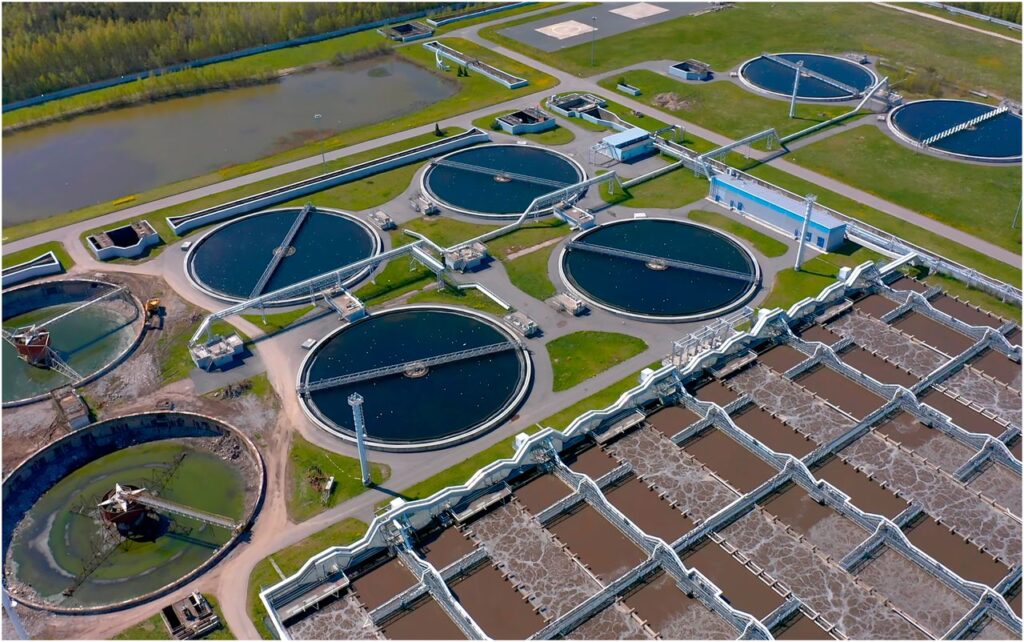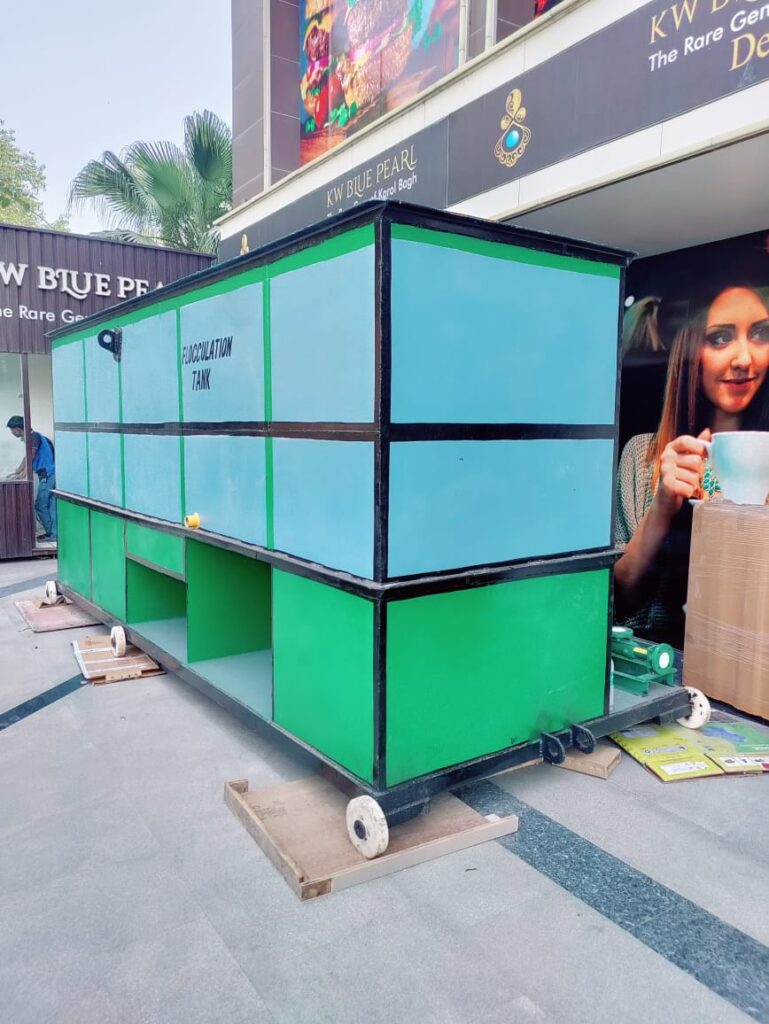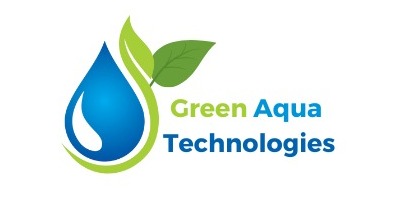Effluent Treatment Plant Manufacturers

Green Aqua Technologies is a leading manufacturer and supplier of Effluent Treatment Plant in Ghaziabad, Uttar Pradesh, India.
An ETP plant manufacturer is a process for treating wastewater in textile, chemical, and pharmaceutical industries, where the water is contaminated to an extreme. Some of the many pollutants that can be treated by it include organic and inorganic matter, oil, grease, heavy metals, suspended particles, and much more. By using it, fresh water is not unnecessarily used for production purposes or commercial activities. It is an effective way to prevent water pollution.
At various levels, the plant carries out different processes such as physical, chemical, membrane, and biological, so that the waste water is effectively treated and the water coming out is pure and safe for consumption.
Water that comes into the Green Aqua Technologies effluent treatment plant can be from sources like reservoirs, lakes, rivers, and outlet pipes, in addition to industries and factories. By cleaning up the effluent water, it puts it back into circulation where it can be utilised for a different purpose. Examples of some industries that make use of it include those that manufacture medicine, leather, textiles, and chemicals. In such industries, the use of this plant helps them to follow government regulations on pollution emission and also prevents them from spending unnecessary money on acquiring water for various activities.

Features :
- Cost-effective
- Compact design
- Easy to install/mount
- User-friendly operation
- Flexible design
Uses of ETP Plant in Industries:
Some of the industries that commonly use ETP plants include:
- Textile Industry: Textile manufacturing generates a significant amount of wastewater containing dyes, chemicals, and organic matter that need treatment to prevent water pollution.
- Chemical Industry: The chemical industry produces wastewater with various hazardous substances and chemicals that require treatment to ensure safe disposal.
- Pharmaceutical Industry: Pharmaceutical companies produce effluents containing various chemicals and pharmaceutical residues, necessitating ETPs for proper treatment.
- Food and Beverage Industry: This industry generates wastewater with organic matter, nutrients, and sometimes food additives that need to be treated to meet environmental standards.
- Pulp and Paper Industry: Wastewater from paper mills contains lignin, chemicals, and other contaminants that ETPs help remove before discharge.
- Petroleum Refining: Refineries generate wastewater with oils, heavy metals, and other pollutants that must be treated to meet environmental regulations.
- Metal Plating and Surface Finishing: These industries produce wastewater with heavy metals and toxic chemicals that require treatment to prevent contamination.
- Electronics Manufacturing: Wastewater from electronics manufacturing can contain heavy metals, solvents, and other hazardous substances that need to be treated.
- Leather Industry: Leather tanning and processing create effluents with organic matter and chemicals that require treatment.
- Mining Industry: Mines produce wastewater with suspended solids, metals, and minerals that need to be treated to avoid water pollution.
- Power Plants: Power generation facilities often have cooling water discharges that require treatment to maintain water quality.
- Automotive Industry: Automobile manufacturing generates wastewater with oils, paints, and other chemicals that need proper treatment.
- Fertilizer and Agrochemical Industry: Wastewater from these industries can contain nutrients, pesticides, and other chemicals that require treatment.
- Wood and Timber Industry: Sawmills and wood processing generate effluents containing organic matter and chemicals that need treatment.
- Mining Industry: Mining operations produce effluents with a variety of contaminants, including heavy metals, minerals, and chemicals that require treatment.
- Municipal Sewage Treatment Plants: While not an industrial application, municipal wastewater treatment plants are critical for treating domestic and commercial sewage before discharge.
An Effluent Treatment Plant (ETP) is a facility designed to treat industrial wastewater, also known as effluent, to remove pollutants and contaminants before its safe discharge into the environment or a municipal sewer system.
ETPs are essential to prevent industrial wastewater from polluting water bodies and to comply with environmental regulations, safeguarding both public health and the environment.
ETPs employ physical, chemical, and biological processes to remove contaminants such as solids, oils, heavy metals, and chemicals from industrial wastewater.
ETPs remove a wide range of pollutants, including organic matter, heavy metals, oils, greases, and chemicals specific to the industrial processes generating the effluent.
ETPs protect water bodies from industrial pollution, minimize harm to aquatic life, and support sustainable water resource management.
